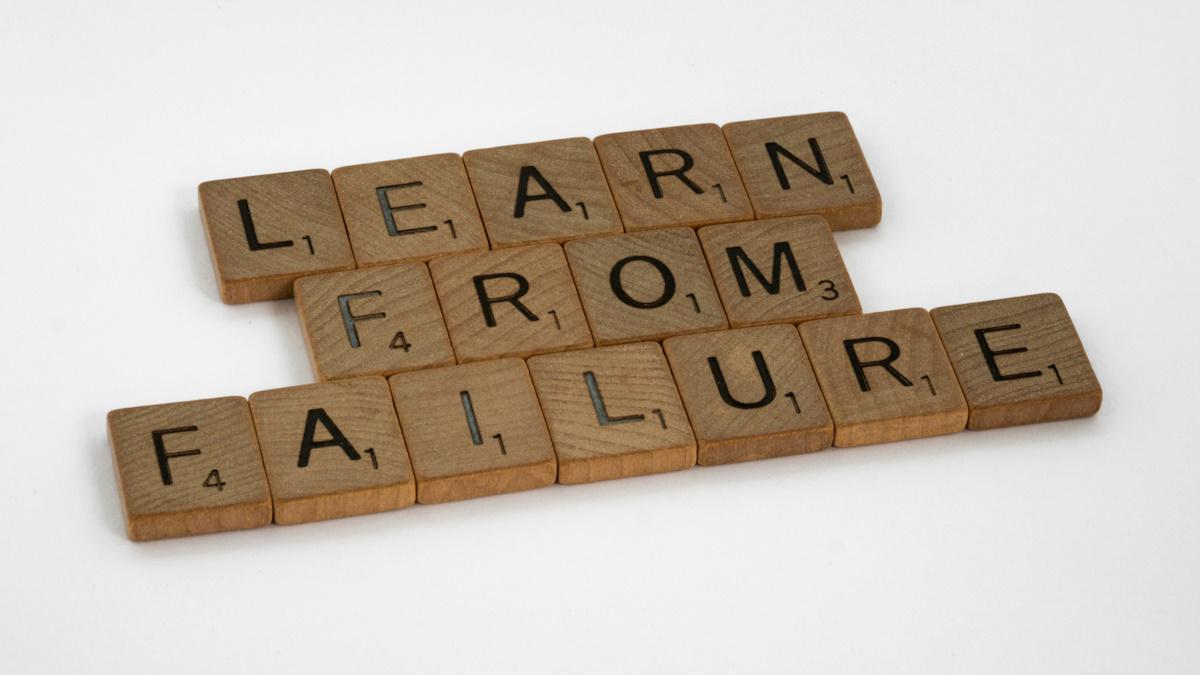Daiichi and AZ pull Dato-DXd filing with FDA and try again

Nine months after filing their TROP2-directed antibody-drug conjugate Dato-DXd for a lung cancer indication with the FDA, Daiichi Sankyo and AstraZeneca have pulled the submission.
The companies' first attempt, submitted in February, was for the use of Dato-DXd (datopotamab deruxtecan) as a treatment for adult patients with locally advanced or metastatic non-squamous non-small cell lung cancer (NSCLC) who have received prior systemic therapy.
That filing was based on the TROPION-Lung01 study, in which Dato-DXd showed a statistically significant improvement in progression-free survival (PFS) in NSCLC patients treated with at least one prior therapy when compared with docetaxel, a standard form of chemotherapy for this patient group, coming in at 5.6 months and 3.7 months, respectively.
It wasn't a compelling result, with most of the benefit coming in non-squamous NSCLC patients with little impact in the squamous group, which was why Daiichi Sankyo and AZ tried for a narrower indication. Meanwhile, a trend to an improvement in overall survival (OS) in the non-squamous patients failed to become statistically significant.
In the intervening months, it has become clear that the FDA was not minded to approve the drug based on that data – even though treatment options for NSCLC remain limited once first-line cancer immunotherapies and drugs targeted at specific mutations have failed.
Acknowledging that, the two partners have opted to withdraw the application and refile Dato-DXd based on the mid-stage TROPION-Lung05 trial, still ongoing, which is looking at the use of the ADC in a heavily pretreated group of EGFR-mutated NSCLC patients.
That would be a smaller indication, as EGFR mutations occur in around 10% to 15% of NSCLC cases in the US and Europe, and 30% to 40% in Asia.
TROPION-Lung05 hasn't drawn much attention to date. However, pooled data – due to be presented at the ESMO Asia congress next month – is strong enough to support an application for accelerated approval, according to the companies. The results have been combined with subgroup data from TROPION-Lung01 and TROPION-PanTumor01, which tested Dato-DXd across a range of tumour types.
Preliminary results from TROPION-Lung05 reported at the main ESMO congress last year revealed an overall response rate (ORR) of 35.8% and a disease control rate (DCR) of 78.8%, with a median duration of response of seven months.
"Treating EGFR-mutated non-small cell lung cancer is incredibly challenging following disease progression given that the complexity and variability of these mutations often lead to resistance," said Daiichi Sankyo's global head of R&D, Ken Takeshita.
"The potential approval of datopotamab deruxtecan could offer renewed hope for patients with this formidable disease."
Dato-DXd is the second ADC stemming from a partnership between Daiichi Sankyo and AZ, following in the footsteps of blockbuster HER2 inhibitor Enhertu (trastuzumab deruxtecan), which generated around $2.8 billion in revenue in the first nine months of this year from a lengthening list of indications across breast, gastric, and non-small cell lung cancer (NSCLC), as well as tissue-agnostic use across HER2-positive solid tumours.
Dato-DXd is in other studies looking at its potential as a first-line therapy in NSCLC and has also been submitted to the FDA for approval or unresectable or metastatic hormone receptor-positive, HER2-negative breast cancer who have received prior systemic therapy for unresectable or metastatic disease, based on the results of the TROPION-Breast01 study. A verdict on that application is due in the first half of next year.
AZ licensed rights to Dato-DXd in July 2020 for $1 billion upfront, plus up to $5 billion in regulatory and sales milestones.












